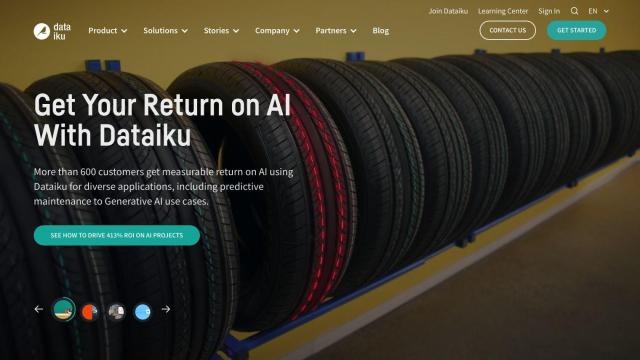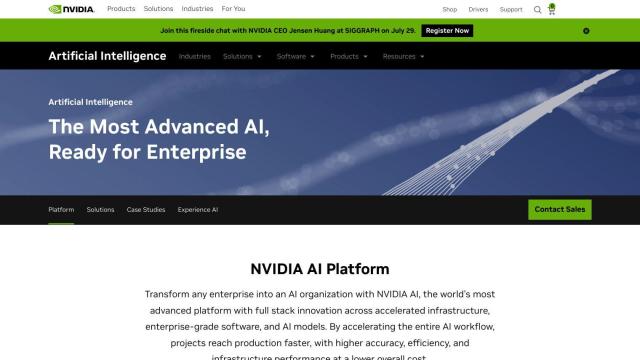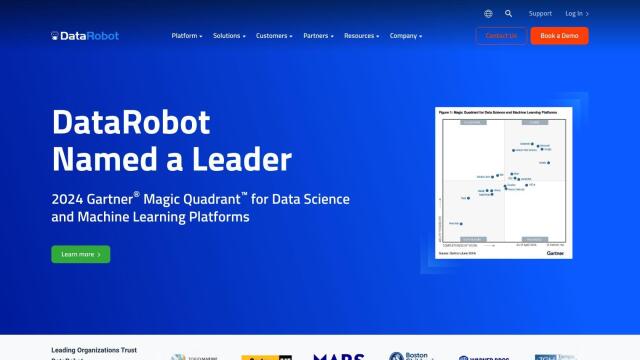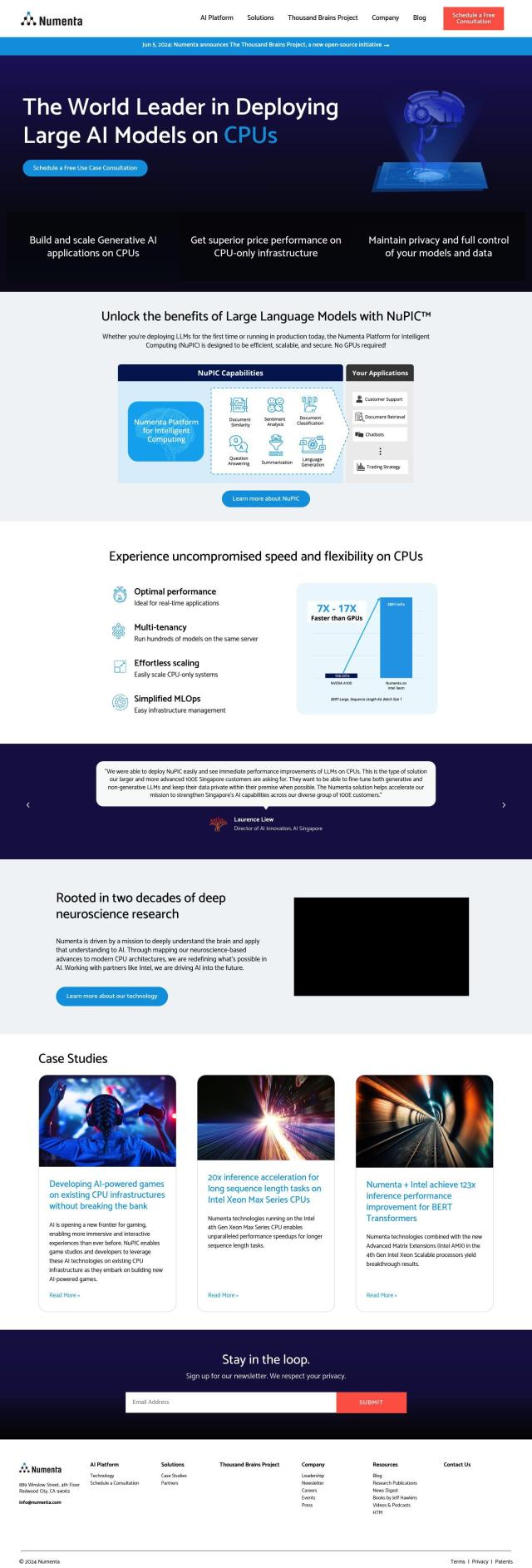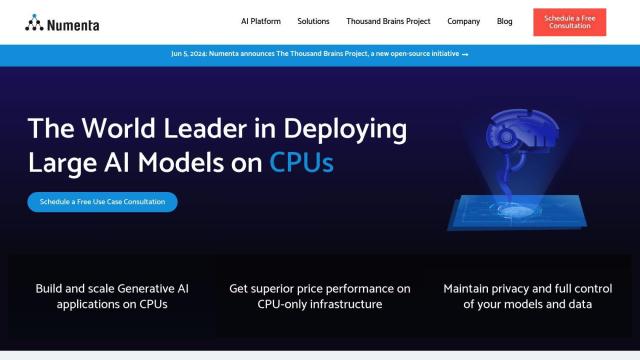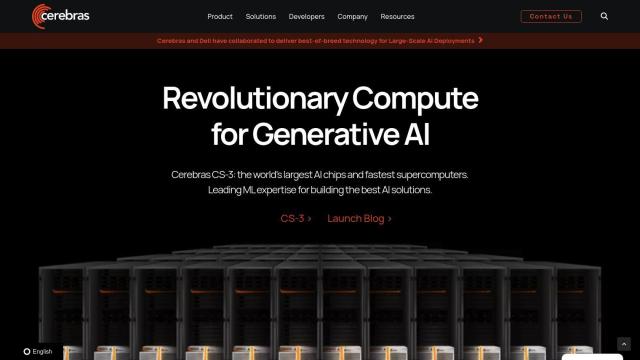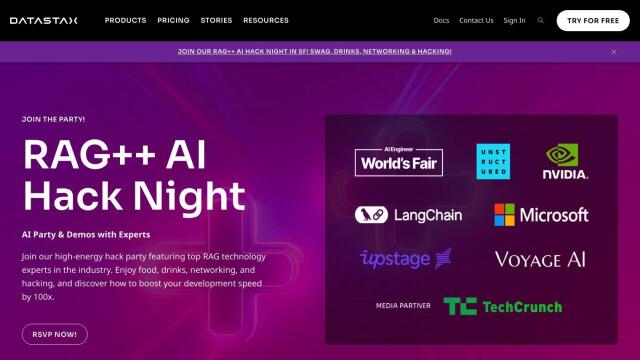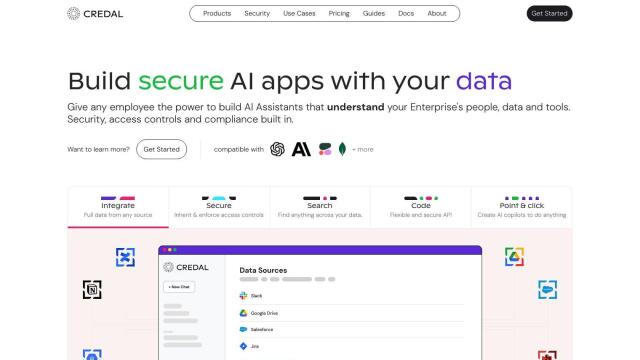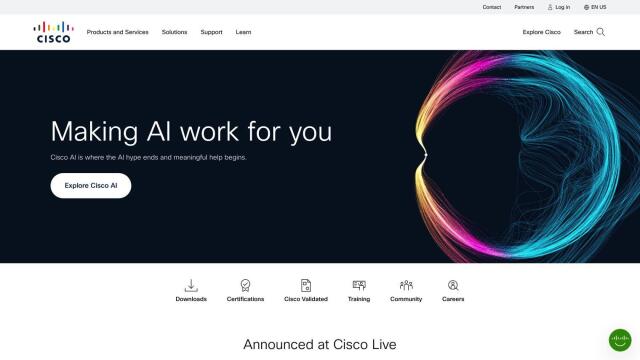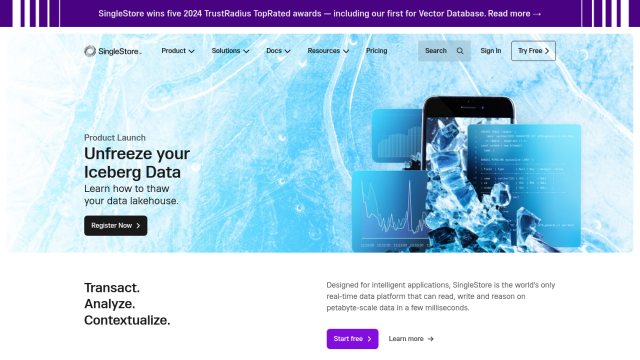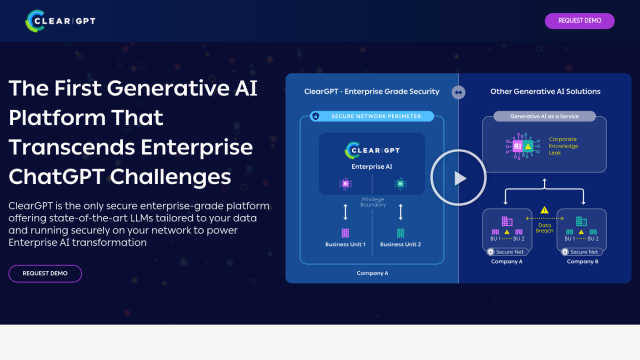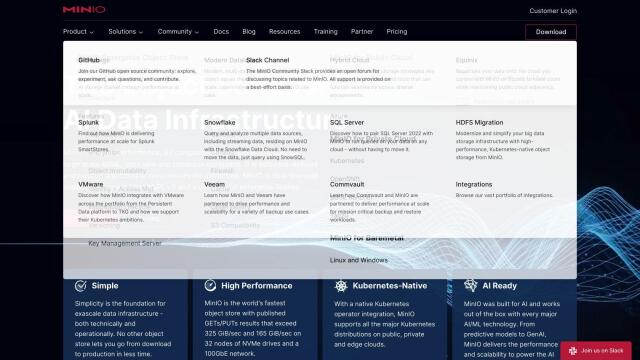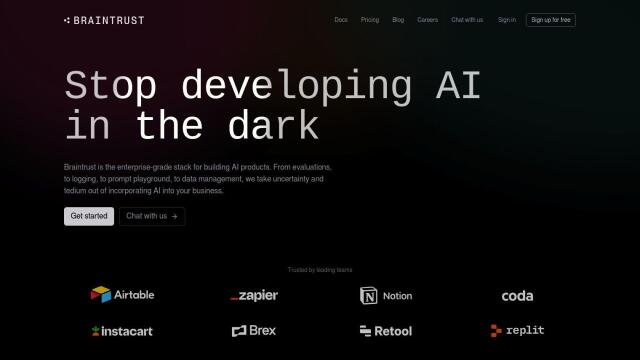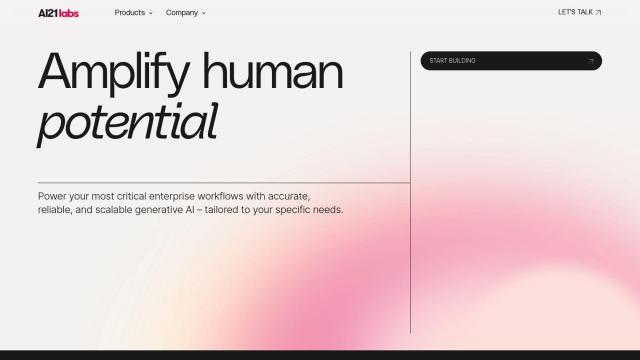Question: Can you recommend a solution that allows data scientists to run AI and machine learning workloads as reliable and secure microservices?

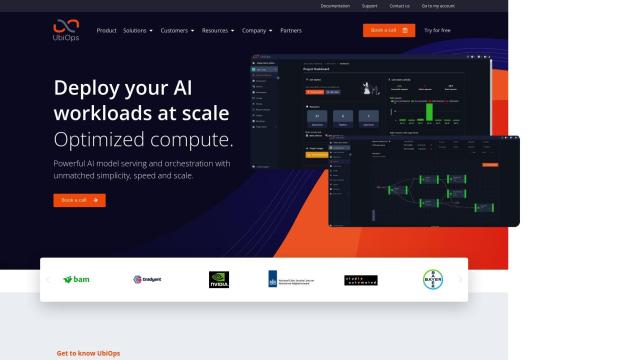
UbiOps
For running AI and machine learning workloads as reliable and secure microservices, UbiOps is a good all-purpose option. UbiOps lets data scientists package models and functions for production use without worrying about DevOps or cloud computing. It can handle hybrid and multi-cloud workloads with features like rapid deployment, private environments, version control, strong security, pipelines and operators. It can be used with popular tools like PyTorch and TensorFlow, so it's accessible to those with or without MLOps experience.


Anyscale
Another good option is Anyscale, a service for developing, deploying and scaling AI applications. It's built on the open-source Ray framework, but Anyscale supports a broad range of AI models. It has features like workload scheduling, cloud flexibility, intelligent instance management and GPU and CPU fractioning. It also has native support for popular IDEs and strong security and governance features, making it a good option for enterprise use cases.

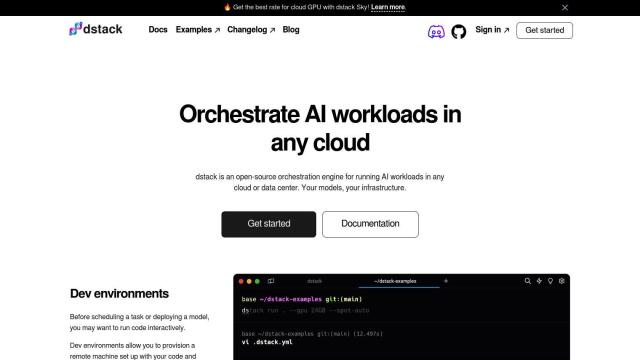
dstack
dstack is another tool for managing AI workloads. It automates infrastructure setup and lets you develop, train and deploy AI models on a variety of cloud computing services and data centers. dstack makes it easier to set up and run AI workloads, so you can concentrate on data and research instead of infrastructure. It offers a range of deployment options, including self-hosted and managed versions, and has a lot of documentation and community support.

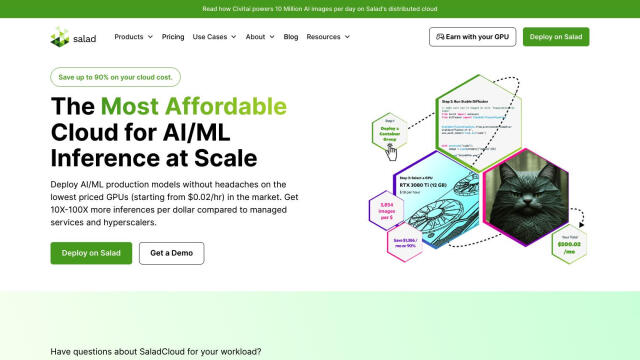
Salad
For those who need a low-cost option with abundant GPU horsepower, Salad is an interesting option. Salad offers a cloud-based service for running and managing AI/ML production models at scale, tapping into thousands of consumer GPUs around the world. It can handle a range of GPU-hungry workloads and offers features like scalability, a fully-managed container service and a global edge network. Salad can run in multi-cloud environments and works with container registries and Kubernetes workflows, making it a flexible and efficient option.

